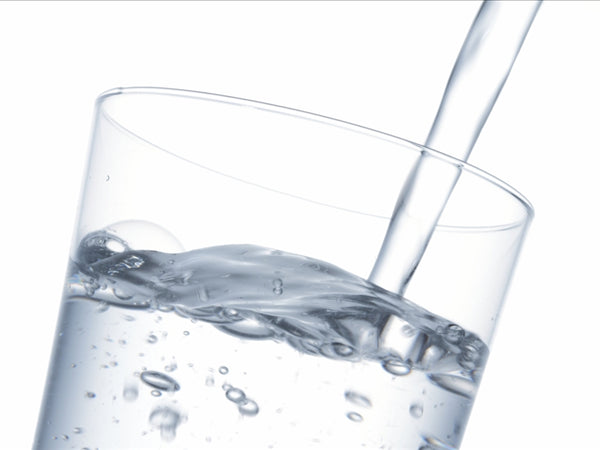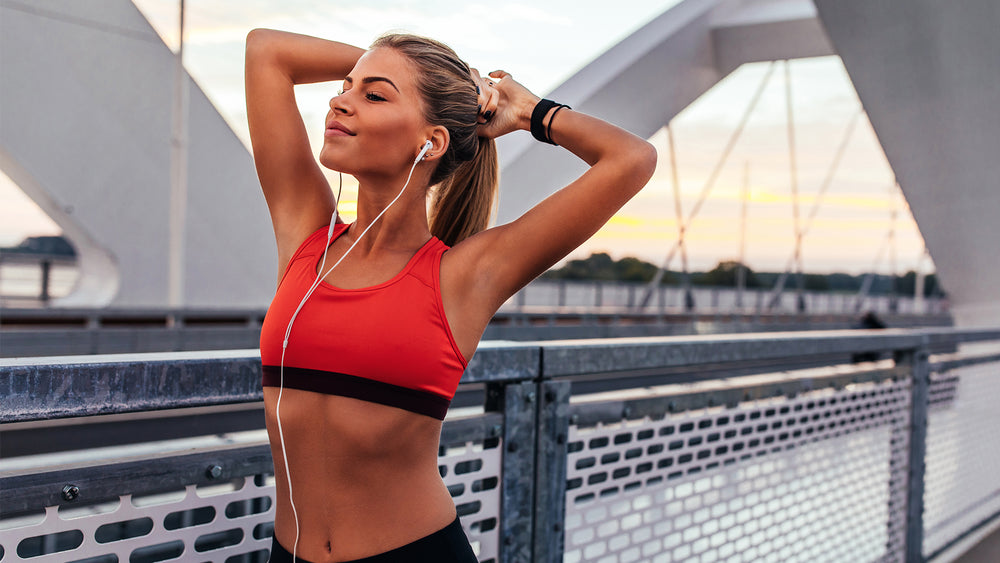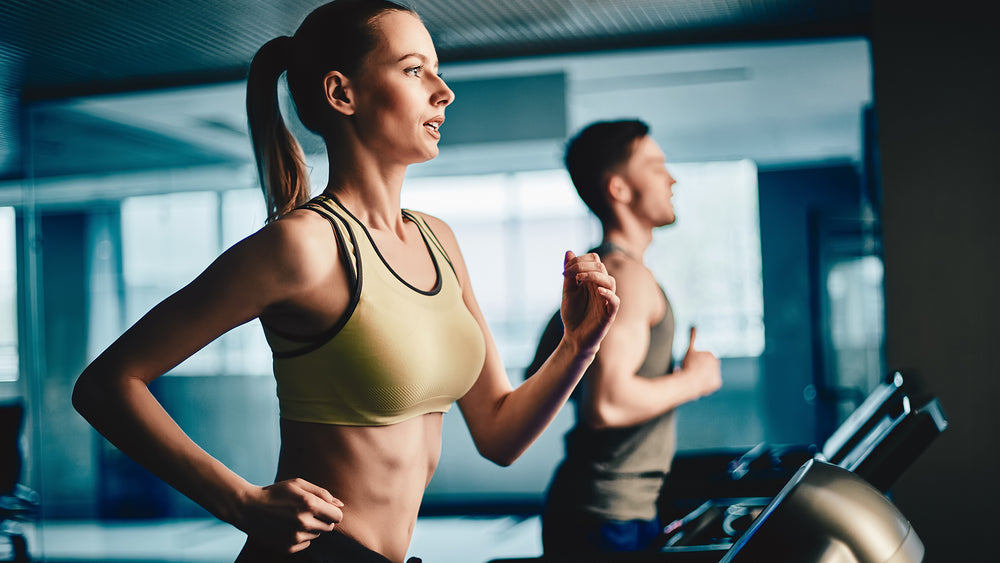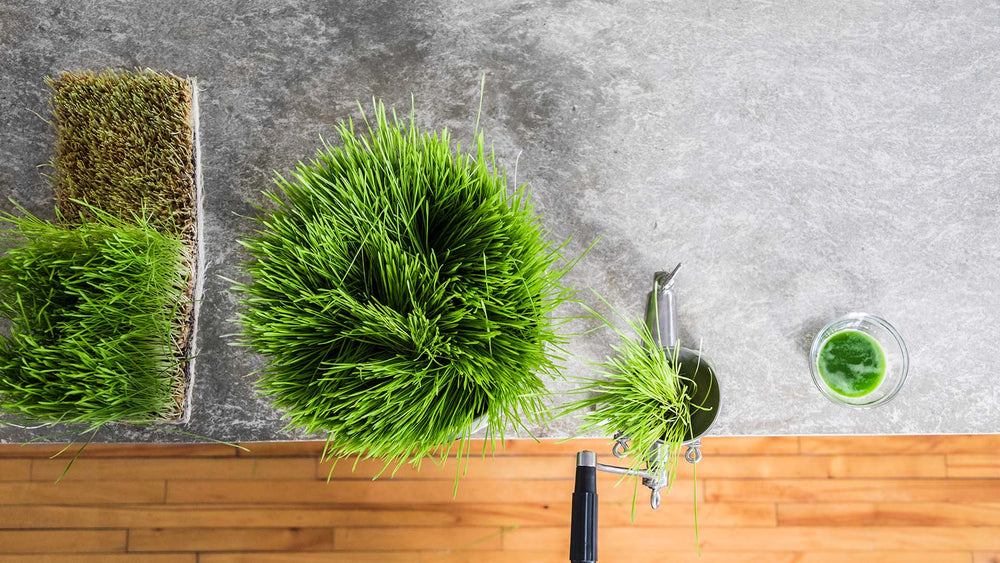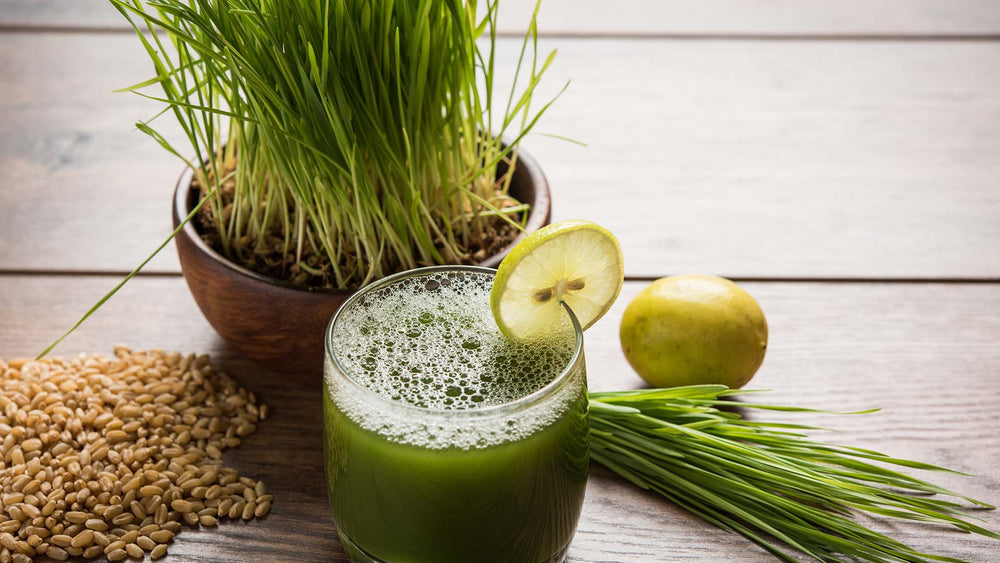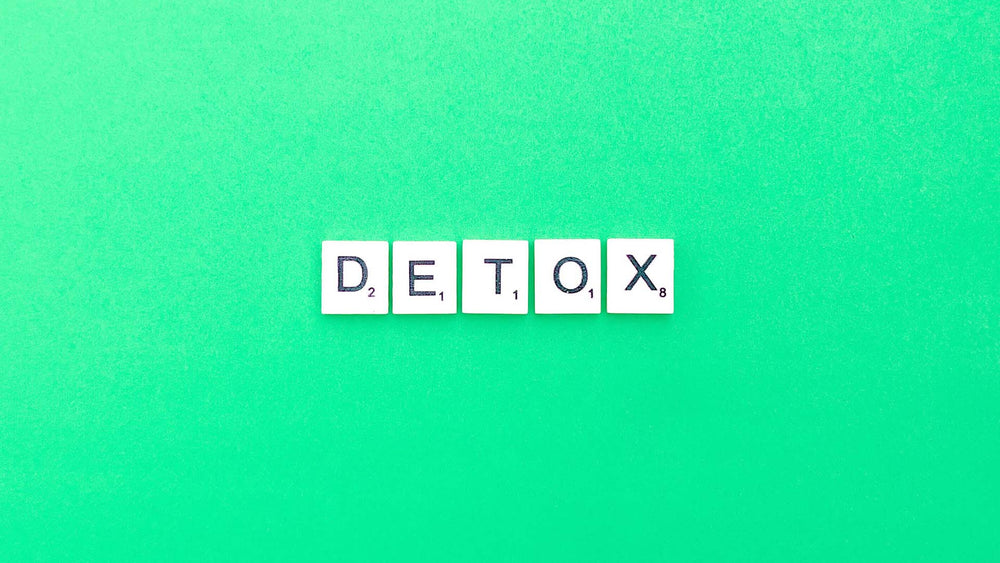Staying well-hydrated is important to stay healthy and alert. Dehydration impairs short-term memory, fatigue and reduces cognitive performance. Even mild dehydration interferes with critical thinking skills. Busy, preoccupied or athletic folks may not get enough fluids. But how much water is enough, and when (and how) should we get more fluid in our diets. Check out these facts for everything you need to know about hydration.
Water, Body Weight and Everything You Need to Know about Hydration
Your body consists of one half to two-thirds water. Women tend to have a lower percentage of water in their body weight (52%-55% to a 60% average for a man) because they usually have more fat than lean tissue. (Fat tissue contains less water than lean tissue.) Water accounts for 70% of body weight at birth and during early childhood, and is at its lowest percentage in old age. Obese people have a lower percentage of water in their body weight than people of average weight. A 150 pound man has ten gallons of water in his body – 6 to 7 gallons inside cells, 2 gallons in the space around cells and about a gallon in the blood.
Everything You Need to Know about Hydration - How Much Water Should I Drink?
You need water to replace fluids you lose through sweat, bodily functions and exercise. The eight glasses of water a day rule can be adjusted depending on your circumstances. People who exercise a lot may need more than eight glasses a day, while others need less. You consume water through fruits and vegetables and other foods, and there’s water is part the other liquids you drink. The water in food and other beverages counts as part of your daily water total.
Drink when you’re thirsty – that’s the only rule you should follow. If you’re hydrating enough, your urine should be a pale straw or light lemonade color. Colorless urine means you’re drinking too much water and dark, slightly green urine means you’re not drinking enough water. If your urine is consistently another color, you should check with your medical provider to make sure nothing’s seriously wrong.
Water hydrates you, but it has lots of other benefits you’ve probably never considered. Drinking enough water is a great way to maintain your weight or even lose weight.
Everything You Need to Know about Hydration – and Dehydration
Dehydration occurs when you don’t drink enough fluids. You can lose fluid from sweating too much from playing sports in hot weather, a fever or other illness, vomiting, diarrhea or urinating too much. Excessive urination is caused by diabetes, diuretics and certain medications. Lack of thirst can be caused by a sore throat, nausea or mouth sores. People with diabetes and older adults are at a greatest risk of dehydration than younger adults. Anyone suffering from a fever or diarrhea should drink plenty of fluids to prevent dehydration.
Drinking coffee and tea won’t dehydrate you unless you drink cup after cup throughout the day. Coffee and tea do contain water, after all. To prevent dehydration, curb alcohol consumption and increase fluid intake if you’re on a high-protein diet. Eating lots of protein causes you to urinate more, so replace the water you’ve lost by drinking more fluids.
Signs of mild to moderate dehydration include headache, muscle cramps, dry mouth, dark yellow urine, thirst and cool dry skin. Symptoms of severe dehydration are dark yellow or amber colored urine or inability to urinate, rapid heartbeat, dizziness, confusion, sunken eyes and listlessness. When examining people for signs of severe dehydration, doctors look for low blood pressure, skin that isn’t elastic (it won’t spring back right away after being pinched) and rapid heart rate.
You can correct most cases of mild to moderate dehydration by drinking water or sports drinks with electrolytes, eating fruit and other foods containing water, or sucking on ice cubes. If you suffer severe dehydration due to a heat emergency, you may need to be treated with an IV of fluid through a vein.
Everything You Need to Know about Hydration - Can I Drink Too Much Water?
It’s possible to overhydrate, but it doesn’t happen as often as dehydration. An electrolyte and sodium imbalance is called hyponatremia. Drinking too much water during a marathon or endurance sports causes this sodium imbalance. Kidney disease and using antidepressants and pain medications can also cause hyponatremia. .Symptoms of overhydration include confusion, nausea, fatigue, headaches and muscle spasms. Treat mild and moderate hyponatremia by cutting back on fluids. Severe hyponatremia is treated with IV fluids and medication to increase sodium levels in the body.
The best way to prevent dehydration and overhydration is to listen to your body, drink when you’re thirsty, and adjust the amount of fluid consumed to your particular situation. You’ll need to drink more fluids when the weather’s hot and humid than when it’s cool. Drinking more fluids is important when you participate in intense sports or workouts, but don’t overdo it.
Everything you need to know about hydration isn’t limited to water and other fluids, some fruits and vegetables contain a substantial amount of water. Watermelon, blueberries, cucumbers, strawberries and plums are between 80 and 92% water.
What are Electrolytes and What Do They Do?
Electrolytes, minerals in your body with an electric charge, are found in your urine, blood and body fluids. Magnesium, potassium, calcium, chloride, sodium and phosphate are electrolytes. These minerals help your body run at peak efficiency. Electrolytes regulate blood pressure, blood pH, rebuild damaged tissue and ensure proper muscle and nerve function. Muscles need these electrical conduits to contract. Heart, nerve and muscle cells sustain voltage across membranes with electrolytes.
You get electrolytes from food and beverages. If you don’t eat the right amount of nourishing foods or drink the right amount of water, it results in an imbalanced electrolyte level. This causes weak muscles, or muscles that retract too much.
Electrolyte level in the blood can be high or low. Electrolytes in your body go up or down depended on how hydrated you are or how much water you drink.
Hormones produced in the kidneys and adrenal glands keep your electrolyte level constant during body changes. When you sweat during exercise, your body loses sodium and potassium. You can keep your electrolyte level healthy by eating fresh fruits and vegetables. Drinking enough water every day is important, especially after you exercise or when it’s hot outside. The kidneys filter out excess electrolytes in the blood, so there’s little chance of having too many electrolytes.
Everything You Need to Know about Hydration and Exercise
You’ll need to hydrate often while hiking, biking, jogging or participating in outdoor sports. Water is your safest, healthiest choice, though some intense athletes benefit from sports drinks with little or no caffeine. Consuming too much caffeine during heavy exercise can have a diuretic or laxative effect. Soft drinks aren’t a good choice either, as they don’t replace electrolytes.
When you have an intense workout, you lose salt and water as you sweat. Gatorade and other sports drinks may be better for some people after grueling exercise or in extreme weather because they contain electrolytes. Sports drinks contain potassium, magnesium, sodium and calcium to replace the electrolytes you lose during exercise. Electrolyte balanced sports drinks should be used sparingly, even if you exercise heavily in hot weather. Protein drinks or drinks containing creatine or other extras aren’t necessary. Filtered tap water works just as well in most situations and it’s cheaper! You can drink bottled water if tap water isn’t available, but tap water hydrates just as well.
Everything You Need to Know about Hydration – Electrolytes and How to Get Them
Here’s some specific information about electrolytes, and what they do for your body and brain.
Sodium (Na)
Sodium sparks electrical signals in the body, helping your muscles and brain work. It is found in your bloodstream, in the plasma outside the cell. Water and sodium are found together in the body. If you have too much salt in your diet and it causes your body to retain excess sodium, the kidneys excrete it.
Sodium imbalance causes cells to function improperly. This may result in weakness, confusion, seizures and swelling. Too much sodium in the body causes dehydration. If you drink beverages with too much salt or sweat profusely from illness or too much exercise, you’ll become dehydrated. Drinking too much water causes hyponatremia, which dilutes sodium in the blood. Low sodium may be caused by antidiuretic hormone secretion from brain diseases, cancer or certain medications.
Potassium (K)
Potassium is found inside the body’s cells. It’s essential for generating electrical impulses that regulate brain and muscle function. Excessive sweating, vomiting and diarrhea cause potassium deficiency called hypokalemia. This is often a result of using too many laxatives or diuretics. Magnesium deficiency is also connected to hypokalemia. There are plenty of delicious potassium-rich foods, such as sweet potatoes, tomato sauce, white beans, halibut, prunes, carrot juice, bananas and orange juice.
Calcium (Ca)
Calcium binds to protein in your blood, and the amount of calcium is dependant upon calcium in the diet and your nutrition. Calcium and magnesium levels in the body closely affect each other. The magnesium level in your body needs to be balanced before low calcium levels are treated. Hypercalcemia, a condition caused by too much calcium in the body, is characterized by abdominal pains, kidney stones and depression. Having too much Vitamin D or A in your system, breast cancer and kidney failure cause hypercalcemia. People who have too little calcium in their bodies suffer from hypocalcemia, which cause muscle spasms and weakness. Hypocalcemia is usually caused by eating disorders. Foods rich in calcium include cheese, yogurt, seafood, legumes, almonds, oranges and leafy green vegetables.
Everything You Need to Know about Hydration and Magnesium
Magnesium (Mg)
Magnesium is an often-neglected electrolyte that relaxes muscles and is essential for many metabolic processes in the body. You get magnesium in your diet from seeds, nuts, dark leafy greens, fish, yogurt and dark chocolate, among other foods. Studies indicate that nearly half of Americans don’t get enough magnesium in their diets, so most people can benefit from taking a magnesium supplement.
A Wheatgrass Supplement Contains Important Electrolytes and Other Nutrients
Wheatgrass is one of the best sources of magnesium. This superfood is mostly chlorophyll – the green pigment that makes plants green. And chlorophyll is loaded with magnesium, calcium, chloride, sodium and potassium – electrolytes necessary for many metabolic processes. You can take wheatgrass as a convenient tablet supplement, just like you would take any vitamin. The chlorophyll in one wheatgrass tablet contains the electrolytes listed above plus the following nutrients:
Vitamins -Vitamin C, Vitamin A (beta-carotene),Vitamin B1(thiamine),Vitamin B2 (riboflavin),Vitamin B3 (niacin),Vitamin B5 (pantothenic acid),Vitamin B6 (pyridoxine)
Vitamin B7 (biotin),Vitamin B9 (folic acid),Vitamin B12 (cyanocobalamin),Vitamin K
Minerals – Zinc, Selenium, Iodine, Nickel, Cobalt, Chromium, Manganese, plus electrolytes - Magnesium, Calcium, Sodium, Chloride, Potassium
Amino Acids – Wheatgrass contains all essential amino acids, including isoleucine, histidine, leucine, lysine and tryptophan. Amino acids are necessary for breaking down food, repairing tissue and performing other vital body functions.
Enzymes – Wheatgrass has hundreds of enzymes, proteins that are catalysts to body functions. Enzymes make chemical reactions in cells possible. They help break down fat and sugar, aid digestion and perform other vital functions.
Wheatgrass flushes toxins out of your body and prevents it from absorbing more poisons – from the air, water and the environment. It enhances digestion to keep you regular and helps build red blood cells. It boosts your immune system and gives you more energy. Taking a wheatgrass supplement enhances the effects of a proper diet and hydration to give you a healthier life.
Zeal O2, HappyGirl and REVV from Wheatgrass Love Contain Magnesium, Potassium and Other Electrolyte Minerals
Once you’ve researched everything you need to know about hydration, you won’t need to wonder about the how many fluids you should take in each day. Eating a balanced diet of fruits, veggies, fish and whole grains, along with good hydration, will improve everything from your skin and hair to your immunity and digestion. Safeguard your health even more by taking a wheatgrass supplement tablet from Wheatgrass Love.
Zeal O2 Natural Weight Loss Supplement is an appetite suppressant, weight management tool and nutritional supplement. It’s made with high-grade wheatgrass (with additional B-complex vitamins). Its proprietary blend contains the natural appetite suppressant Citrus Auranthium (bitter orange) and metabolism-boosting green tea extract, cayenne pepper, ginseng, ginkgo biloba, damiana and gotu kola. This herbal blend offers nutrients to suppress your appetite and increase your energy during and after a diet. Read about Zeal 02 here: http://wheatgrasslove.com/products/natural-weight-loss-supplement
To boost energy during workouts or anytime , use REVV Natural Energy Supplement. These delicious chocolate mint wafers are powered by high-value wheatgrass with added B-complex vitamins, caffeine, L-Taurine and periwinkle herb to ramp up your energy. The nutrients in REVV can help you maintain good digestion, clear toxins from your body, and give you the endurance and energy you need for sports, school or work. Learn more about REVV here: http://wheatgrasslove.com/products/natural-energy-supplement
Wheatgrass Love’s Happy Girl Mood Enhancement Supplement combines wheatgrass power with a proprietary blend of happiness-boosting herbs including green tea extract, citrus auranthium (bitter orange), gota kola, hawthorne berry, ginseng, gingko biloba, cayenne pepper and ginger. Happy Girl can be used daily for nutritional support. It’s not just for women –men and seniors can use it, too! Learn more about Happy Girl here and order your first bottle! http://wheatgrasslove.com/products/mood-enhancement-supplement
Call us at 877-303-1717 to order Zeal O2, HappyGirl or REVV. We’re here to answer any questions you may have about our high-value wheatgrass supplements!

